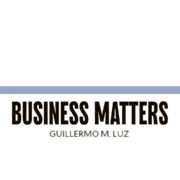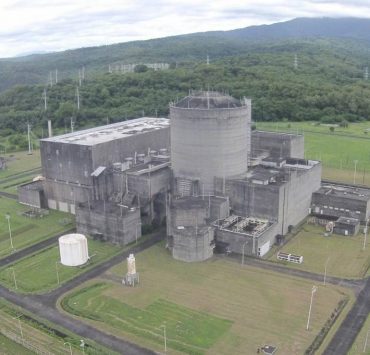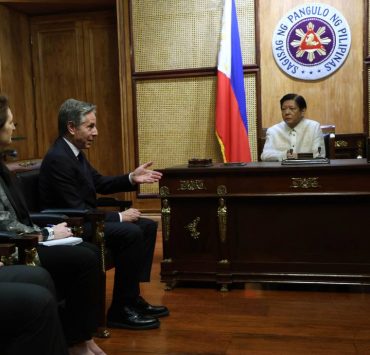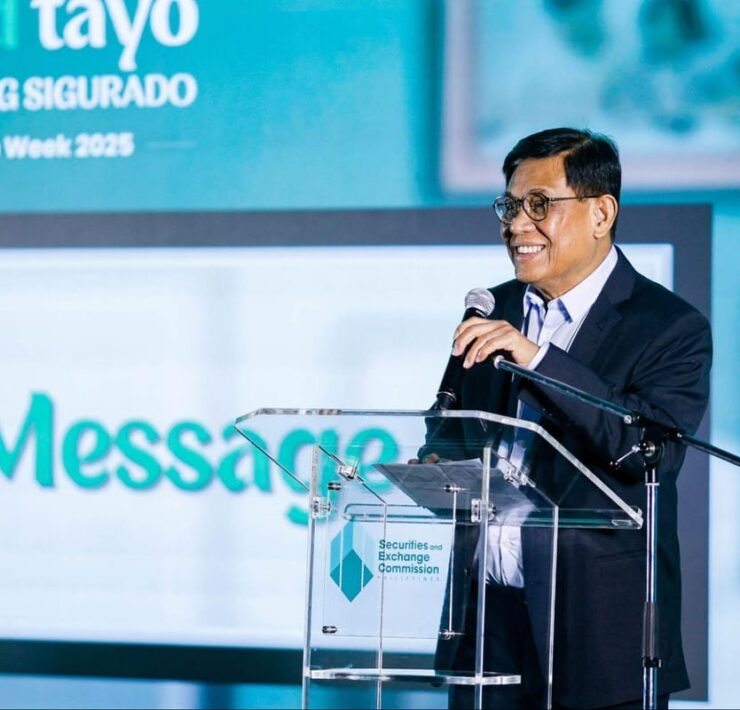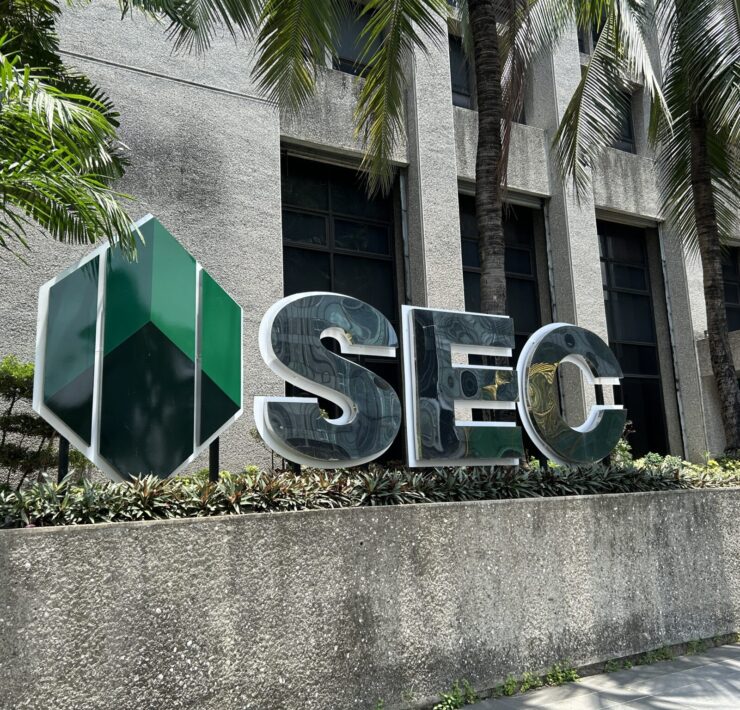Uniting to tap water’s potential for peace

In today’s complex tapestry of global challenges, ensuring water security and sustainability stands out as among the most urgent. The precious resource is essential for life, but two billion people around the world still lack access to safe drinking water, with 500 million in Asia alone.
Closer to home, nearly half of Filipino families still lack access to improved water sources. Climate change, urbanization, and population growth are projected to worsen this water shortage by 2040.
As we mark this year’s World Water Day, the theme “Leveraging Water for Peace” aptly reminds us of the value of water and the transformative potential of collaboration as a catalyst for progress.
Knowledge-sharing. Accelerating knowledge- and information-sharing while building new skills are fundamental for sustainable water management. Sharing insights and experiences fosters a collective commitment to water stewardship, ensuring that we remain agile in the face of evolving challenges.
For instance, cities that stand at the forefront of climate change impacts can identify common needs and priorities, exchange experiences and best practices, and collectively develop adaptation and resilience strategies. Platforms like the C40 Cities Climate Leadership Group Inc. facilitate knowledge exchange among major cities, enabling them to implement meaningful and sustainable local climate actions that ultimately aim to address the global threat of climate change. C40’s Water Safe Cities project exemplifies this collaborative approach, bringing together cities and expert advisors to develop research and solutions for urban water-related risks.
To improve the quality, accuracy, and intensity of reporting and storytelling on water, the World Water Week in Communications program was developed to empower journalists and communicators to build skills in water reporting and communication. Since 2021, the program has reached almost 500 participants.
Bridging the financing gap. There is also a growing need for public and private capital to be directed to the water sector to compensate for decades of underinvestment and prepare for future challenges. To address water sector risks and achieve water security, the investment needed in water-related infrastructure is estimated at approximately $6.7 trillion by 2030, and $22.6 trillion by 2050. In emerging economies including the Asia Pacific, approximately $198 billion a year is needed between 2015 to 2030 to achieve access to safely managed water.Closing this critical financing gap requires a multistakeholder approach that includes government—which is expected to put in place supportive policies—the private sector, multilateral or nongovernmental organizations, and institutional investors.
Additionally, collaborative opportunities in financing, such as public-private partnership models and blended finance offer promising avenues to mobilize resources and share risks. One such example is a joint project to bring safe and affordable drinking water to Baseco, Manila, by the Asia Society for Social Improvement and Sustainable Transformation and Grundfos. Through the Grundfos Foundation’s Community Engagement Grant of P7.1 million, the community in Baseco—one of the most densely populated largest informal settlements in the metro—received two solar-powered water filtration units that enable more than 4,000 locals to access safe drinking water.
Accelerating innovation. Artificial intelligence, big data management, and sensor technology also hold immense potential to build water resilience, with businesses leading the way by implementing innovative and sustainable water solutions in their operations.
Grundfos, too, has partnered with Singapore Polytechnic to codevelop and implement innovative, energy and water efficient smart solutions to support Singapore industries’ efforts to be sustainable.
Investing in young talent is critical as well to ensure that they can pioneer the water sector’s future. The Youth Action for SDG 6 Fellowship, a joint initiative by Grundfos and the International Water Association (IWA), empowers young water professionals (YWPs) to contribute their voices and ideas around developing solutions. Besides participating in the 2023 United Nations Water Conference in New York, the 13 selected YWPs also presented insights and projects to scale sustainable water management in an impactful report alongside the Fifth IWA 2023 Emerging Water Leaders Forum, with Grundfos and IWA committing to support the YWPs in strengthening their projects following its publication.
Indeed, to unlock the full potential of water as an engine and catalyst for development and stability, collective action by all stakeholders is imperative. By fostering the exchange of knowledge for capacity development, mobilizing capital to accelerate water resilience, and formulating innovative solutions to address water challenges, we can build a more water-secure and peaceful future for all.
Rick Holland is regional managing director of APAC-water utility and executive director of Grundfos Australia.













